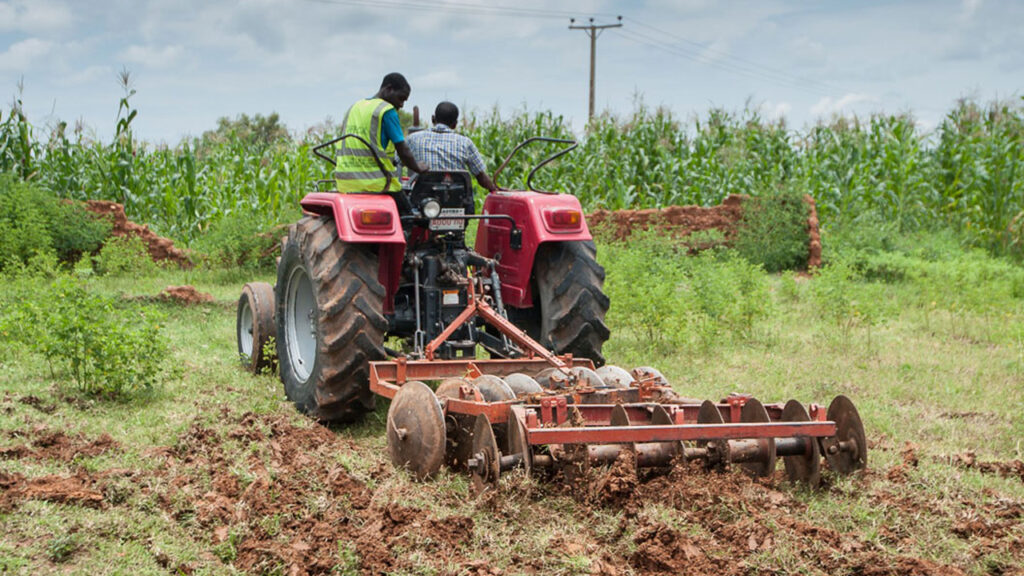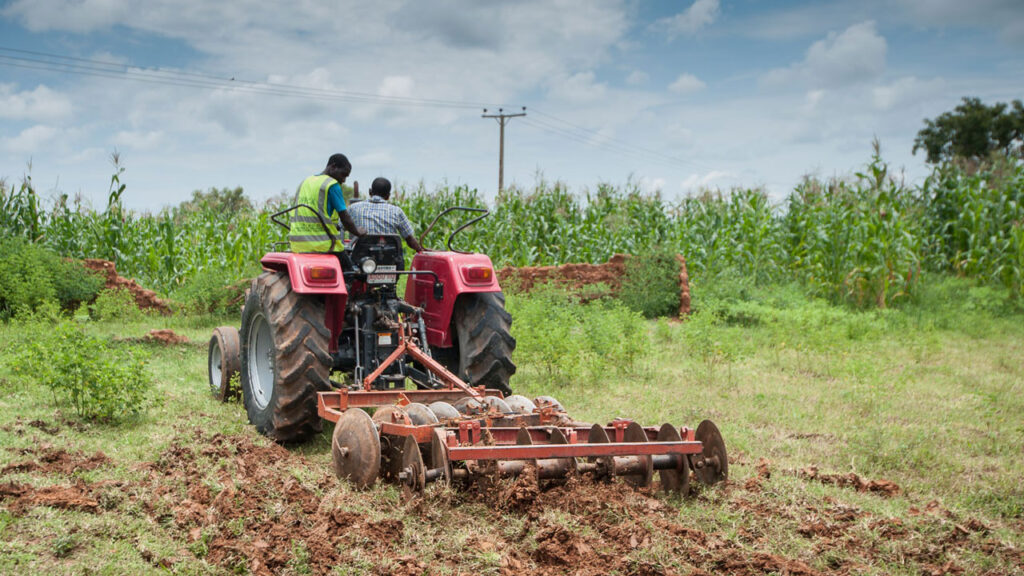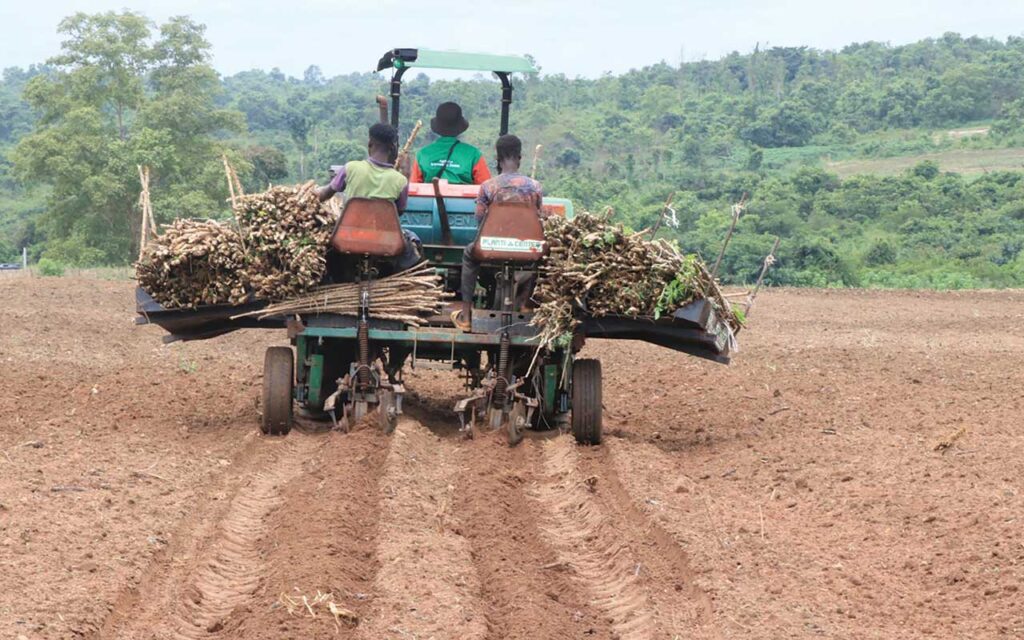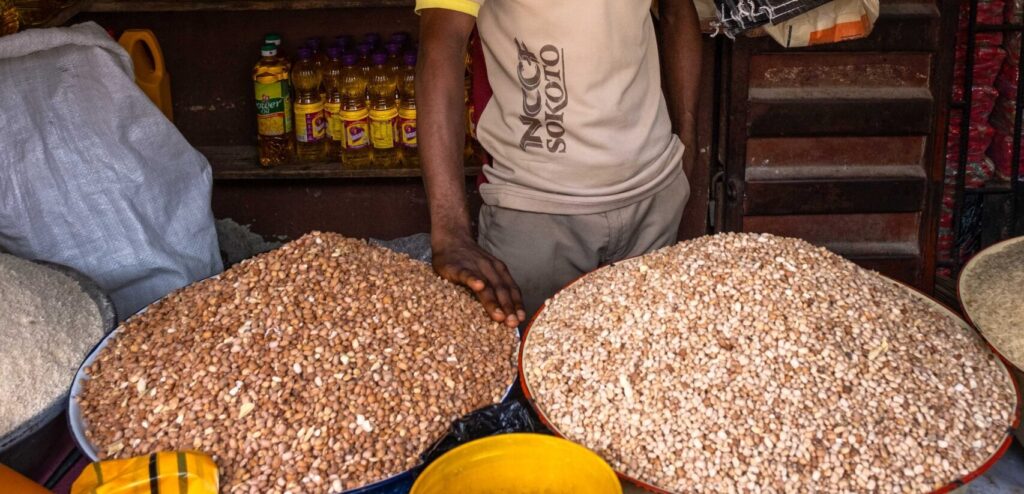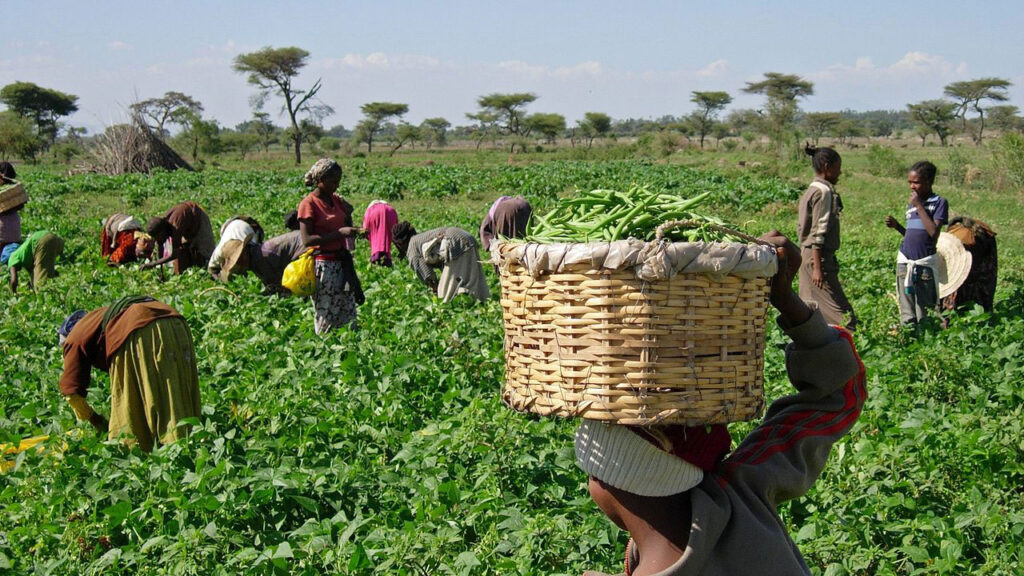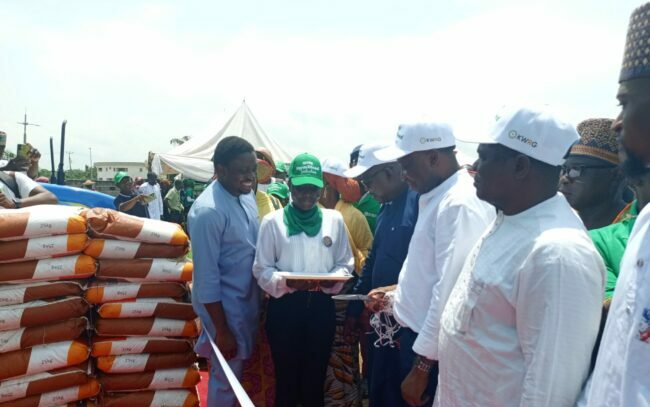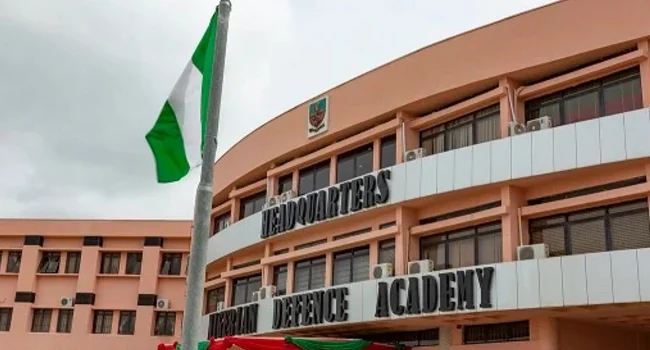
Agriculture.
In its bid to promote good governance and sustainable agricultural practices, the Clement Isong Foundation has launched an initiative to empower community champions on budget monitoring and tracking.
The aim of the initiative, according to the foundation, is to ensure accountability, transparency, and integrity in budget implementation and to change the dysfunctional culture of governance.
More than 36 projects were tracked across various local councils through a comprehensive need assessment.
The assessment helped in identifying government-funded projects that required monitoring and evaluation. To gather the necessary information, community volunteers conducted field surveys and obtained official budget documents from the government.
They also used social and freedom of information act requests to engage key ministries, agencies, and departments in order to obtain relevant information about budget releases, contracts, and agreements.
The process uncovered instances of project abandonment and misallocation of funds, which warranted further investigation.
The Executive Director of AHDC, Prof. Umoh Gabriel, spoke on the challenges faced by the agricultural sector in relation to climate change. He highlighted the noticeable changes in weather patterns that have significantly affected agricultural produce and its economic advancement.
A Development Economist from the United States Agency for International Development (USAID), Dr. (Mrs.) Iboro Nelson, lauded the effectiveness of budget tracking in ensuring transparency.
She commended the involvement of youths in monitoring and reporting government activities, stating that this helps to keep the government on track, exerting pressure and creating a social check-and-balance system.
In his presentation, Mr. Elkanah Oluyori of the Clement Isong Foundation further discussed the findings of their budget monitoring and tracking programme.
He spoke on the tools used to track the Akwa Ibom State budget and the results obtained. He provided insights into the research conducted by a team from the foundation, which used the survey research method involving questionnaires and focus group discussions.
In addition to the budget tracking, the initiative also employed a climate change mitigation and adaptation scorecard specifically tailored for the agricultural sector.
This scorecard was used to evaluate the government’s effectiveness, performance, and interventions in promoting sustainable agriculture and combating climate change.
Questionnaires were distributed to stakeholders, including farmers’ associations, through various channels, such as focus group discussions, mobile SMS, social media engagement, and online platforms. This allowed stakeholders to provide feedback on government policies and incentives related to agriculture and climate change.

